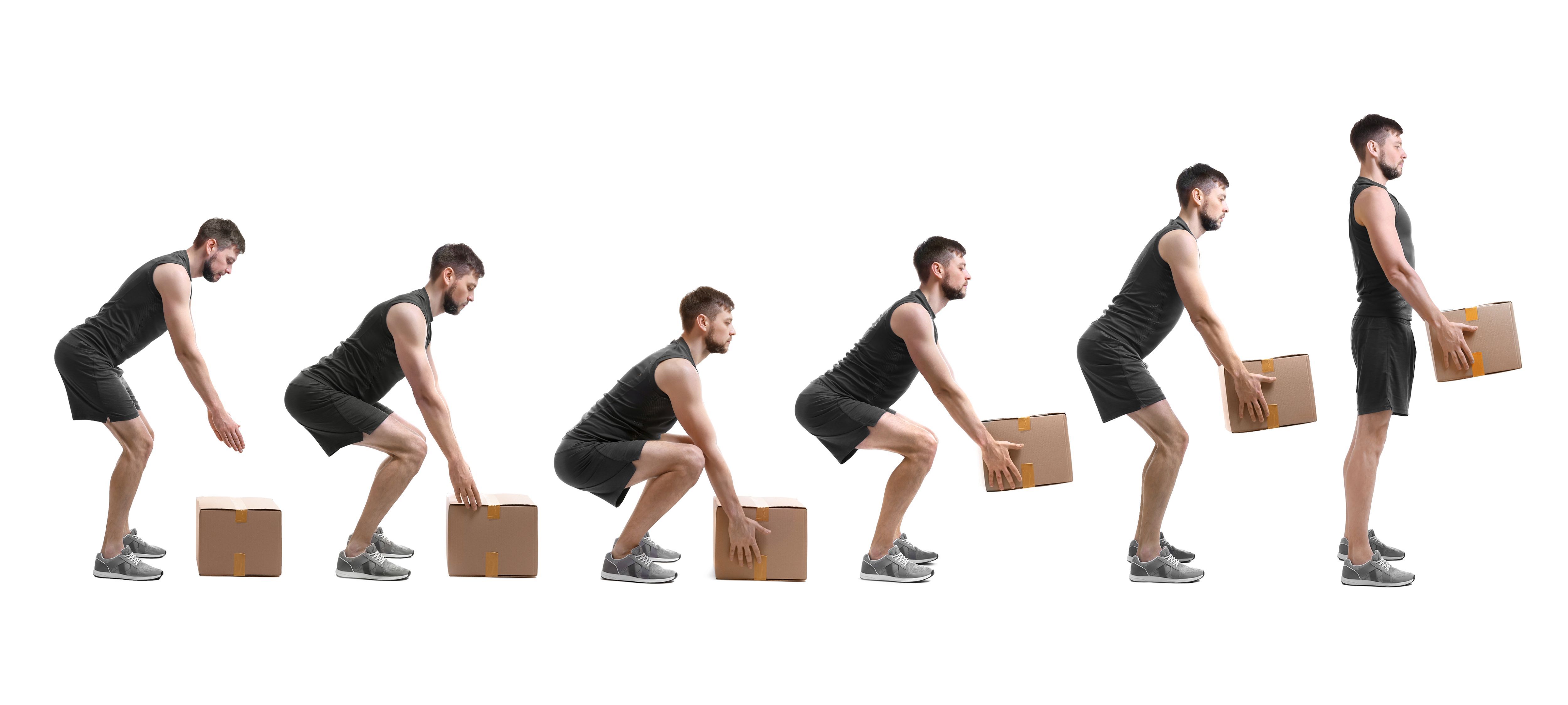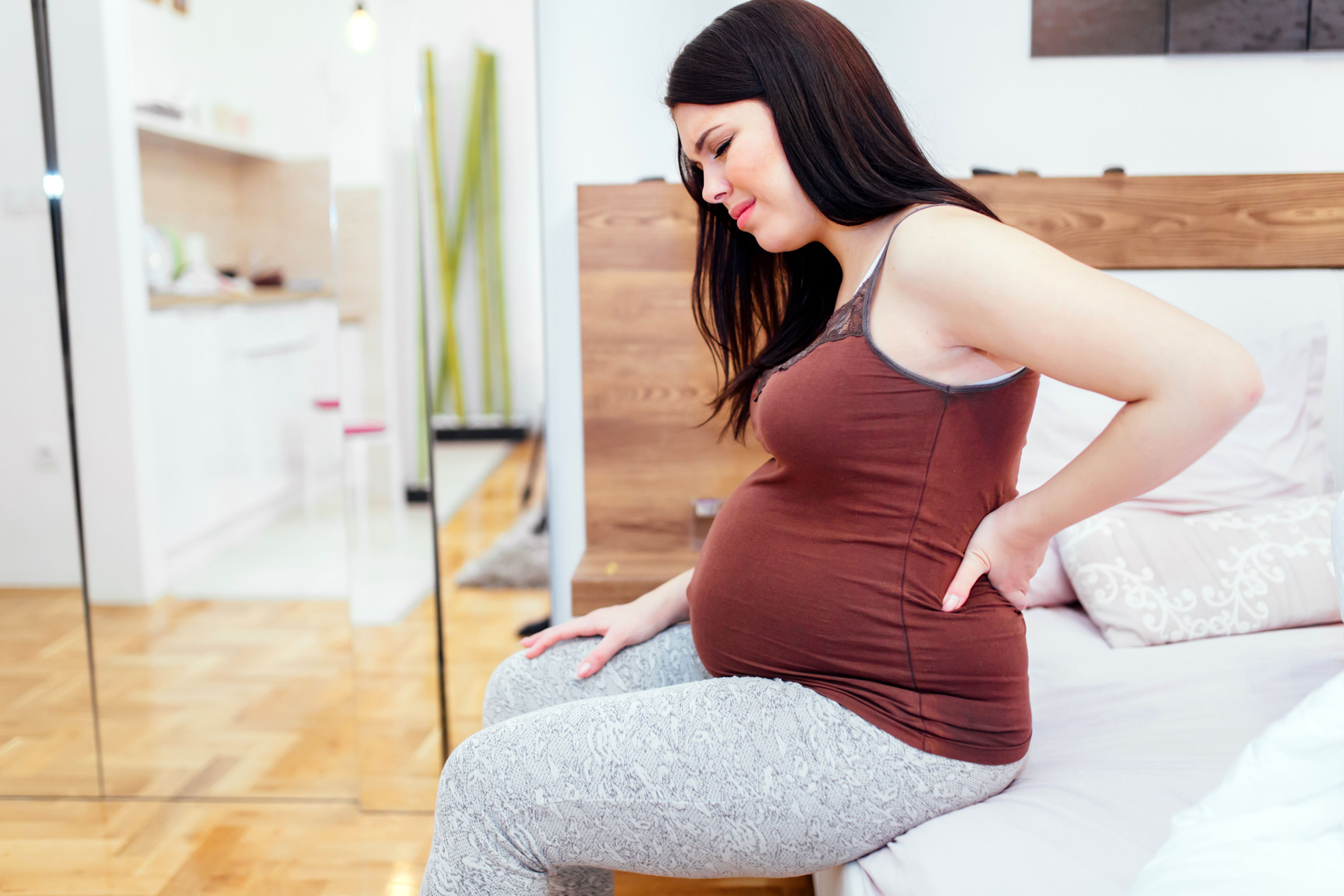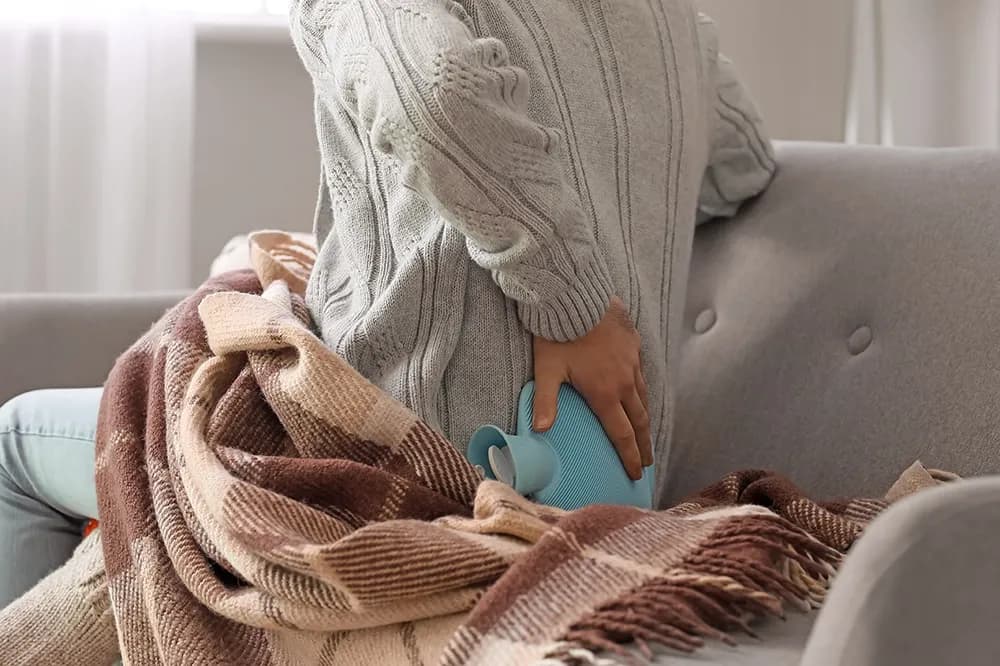Back pain: the main risk factors
There are a multitude of possible causes of back pain. But some risk factors are more important than others. Overweight, stress or poor posture... Discover the possible reasons for your back pain and learn how to react.
Back pain is a complex symptom that is sometimes difficult to explain, even though it is common. According to an OpinionWay survey conducted for Vexim, 89% of French people say they have suffered from back pain (1). There are a multitude of factors and behaviours likely to increase the risk of back pain: posture, stress, a sedentary lifestyle, etc. Here's a look at the 6 most common.
Bad postures and positions
In France, back pain is mainly caused by poor posture. 46% of French people attribute their most recent backache to poor posture (1). At the office, in the car, when carrying a heavy object or getting out of bed, adopting the right daily gestures is essential to avoid back pain.
For example, bend your knees and keep your back straight when picking up a heavy object, avoid straightening up abruptly, get out of bed calmly using gentle movements and keep your head upright by relaxing your shoulders when driving (2).

How to pick up a heavy object without hurting your back
Stress can cause back pain... or make it worse
Stress is the second most common cause of back pain, cited by 13% of those surveyed (1). In stressful situations, certain regions of the back contract or tense up. Stress is felt most acutely at work: monotonous tasks, job dissatisfaction, lack of recognition, etc. All these psychosocial factors, as well as the depressed mood that can result, are likely to encourage lumbago, as well as its chronicity (3).
You need to recognise and analyse your stress and act on its origins: don't keep your feelings to yourself or repress them, talk about them with your family and friends or with professionals (GP, psychologist, psychiatrist, etc.), find physical activities that allow you to relax, let off steam and "take your mind off things". In short, learn to manage your stress (4).
A sedentary lifestyle and lack of physical activity
Without sufficient physical activity, the muscles in the back become slack and weak, and no longer play their supporting role properly: that's when the pain starts. Keeping active will prevent back pain from becoming long-lasting and/or recurring. This is the theme of a major information campaign run by the French National Health Insurance, called "Back pain: the right treatment is movement" (5).
The aim is to strengthen your back muscles. But don't panic! Physical activity does not mean high-level sport... In order to last, it is important to find a sport that is motivating and enjoyable. Even if you're suffering from back pain, if it's bearable, you can continue to take part in a sporting activity with a doctor's approval (5).
Lower back pain during menstruation
During menstruation, some women complain of lower back pain. These aches are caused by contractions of the uterus. They generally disappear on their own within a few days. If they are particularly disabling and intensify over the months, a gynaecologist should be consulted.
Anti-inflammatories can relieve the pain (ask your pharmacist for advice). Heat also relaxes muscles and soothes pain. So if you're suffering from back pain, don't hesitate to apply a hot water bottle to the sore area or take a hot bath.
Pregnancy and excessive arch
Back pain can be a direct consequence of the physiological changes caused by pregnancy. As the uterus increases in size, the centre of gravity shifts towards the front of the body. To compensate, the mother-to-be tends to arch her back, creating a hyperlordosis.
You should therefore take care to correct this arching by "self-expanding", as if a thread were pulling your head and whole body upwards. This technique can be applied in both standing and sitting positions. Other tips for relieving back pain include practising pelvic tilt exercises, wearing comfortable shoes and a lumbar belt, keeping up a regular and appropriate level of physical activity and eating a balanced diet...

Is excess weight responsible for back pain?
Several studies (6) have concluded that there is a strong link between excess weight and back pain (7). This link is thought to be explained in part by the overload exerted on the spine by excess weight or obesity. However, in 2017, a new study concluded that there was no causal link between overweight and low back pain (8).
So the mystery remains. Whatever the case, while being overweight may not be the direct cause of back pain, it is an aggravating factor. So it's important to keep an eye on it and prevent it developing into obesity. This often involves adopting a suitable diet, if possible advised by a dietician, and taking regular exercise... To find out more, read our article "When my kilos are weighing on my back").
- Les Français et le mal de dos. Sondage OpinionWay pour Vexim, 20 mars 2017.
- INPES : brochure « Prendre soin de son dos ».
- Fiche Ameli : « Lombalgie ou mal de dos, de quoi parle-t-on ? ».
- Fiche Ameli : « Repères diabète : le stress ».
- Campagne Ameli : « Mal de dos, la solution c'est le mouvement ».
- Heuch I et al. Body Mass Index as a Risk Factor for Developing Chronic Low Back Pain : A Follow-up in the Nord-Trøndelag Health Study. Spine, january 15, 2013 ; volume 38, issue 2, pages 133 – 139.
- Sultana MH et al. Fat mass and fat distribution are associated with low back pain intensity and disability: results from a cohort study.
- Dario AB et al. Obesity does not increase the risk of chronic low back pain when genetics are considered. A prospective study of Spanish adult twins. Spine J. 2017 Feb ; 17(2), pages 282 - 290.


